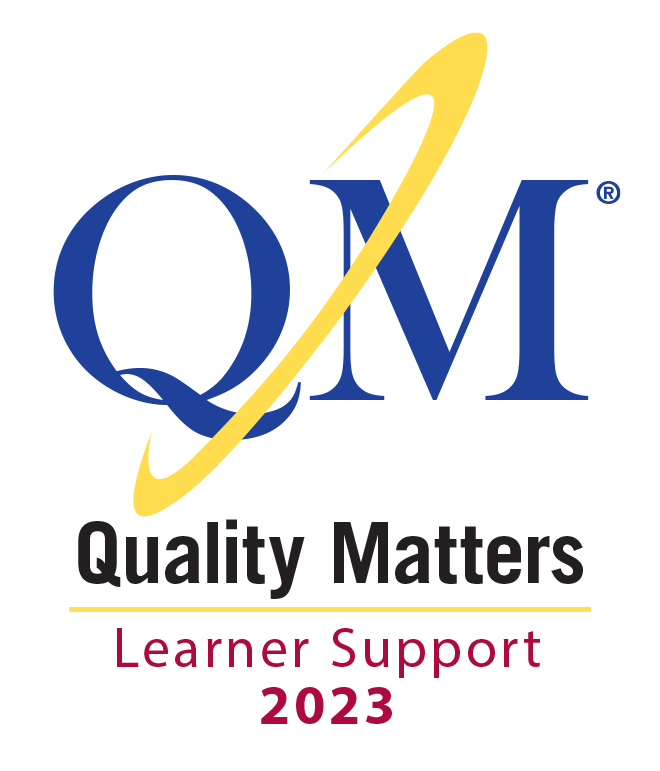Questions? Request Information
Degree Completion Journey
The Master of Science in Finance degree program offers a robust curriculum in finance and investment. You will gain a deeper knowledge of key financial topics such as financial analysis, statistics, economics, portfolio management, accounting, and international finance.
Applicants seeking admission to the Master of Science in Finance degree program are required to meet the following requirements:
Have a bachelor's or master’s level degree in accounting, business administration, economics, or finance from an approved accredited college or university with a grade point average (GPA) of 2.0 or above*.
*Unofficial or official transcripts showing an earned degree in the area of accounting, business administration, economics, or finance must be submitted with the Application for Admission.
In order to meet admission requirements, applicants without the previously mentioned bachelor’s or master’s-level degrees will be required to request a waiver and submit unofficial or official transcripts showing:
- An earned bachelor’s degree in engineering from an approved accredited college or university with a grade point average (GPA) of 2.0 or above demonstrating completion of fifteen (15) undergraduate credits in accounting [9 credits], statistics [3 credits], and finance [3 credits] with a grade of “C” or higher or demonstrate equivalency prior to admission; or
- An earned bachelor’s degree from an approved accredited college or university with a grade point average (GPA) of 2.0 or above demonstrating completion of twenty-four (24) undergraduate credits in accounting [9 credits], statistics [3 credits], and finance [12 credits] with a grade of “C” or higher or demonstrate equivalency prior to admission; or
- Applicants with a bachelor’s degree in fields other than accounting, business administration, economics, or finance that can document prior work experience equivalent to the knowledge found in a preferred program may request a waiver. For a waiver based on work experience to be successful, an applicant’s work experience must demonstrate (1) in-depth activities related to preparing, analyzing, and interpreting corporate financial statements and (2) advanced application of financial theory. Waivers based on work experience are granted in exceptional cases. If a waiver based on work experience is not granted, applicants will be required to demonstrate successful completion of the credits as outlined above prior to admission.
It will be incumbent upon the student to provide evidence and documentation through the waiver process that is satisfactory to the Dean or designee for UAGC.
Full Admissions Requirements
The following requirements must be met prior to the conclusion of the third (3rd) attempted the University of Arizona Global Campus course in a degree-seeking program. To start the fourth (4th) course, students must complete all the requirements subsequently outlined and must meet all admissions requirements applicable to their specific degree program. Students who do not complete all requirements will not be fully admitted and will be withdrawn from the program.
Submission of an official transcript from an approved accredited institution that awarded the accounting, business administration, economics, or finance baccalaureate or post-graduate degree indicating a minimum GPA of 2.0 with a degree conferral date prior to the start of the first course at the University of Arizona Global Campus University, or an approved waiver prior to the start of the first course at the University of Arizona Global Campus.
To be awarded the Master of Science in Finance, all students must complete 39 credits with a 3.0 minimum grade point average.
This program is not designed to meet the state educational requirements for a specific professional license or certification in any state. Students seeking licensure or certification in a particular profession shall carefully research the requirements prior to enrollment and regularly review the requirements as they are subject to change. Requirements vary by state. The University of Arizona Global Campus does not guarantee that any professional organization will accept a graduate’s application to sit for any exam for the purpose of professional certification. Further, a criminal record may prevent an applicant from obtaining licensure, certification, or employment in their field of study.
Certain degree programs may not be available in all states.
The Online Teaching Support Certification recognizes programs that require all online faculty to undergo training in best practices for online course delivery, provide faculty with ongoing pedagogical support, encourage faculty professional development to increase their knowledge and skill in online teaching, emphasize instructor availability and feedback to learners, and collect and use feedback from learners to improve online teaching. Learn More

The Online Learner Support Certification recognizes programs that provide all the critical student and academic services needed for learner success and use learner feedback to continuously improve those services.

Careers Related to Master of Science in Finance


U.S. Department of Labor data regarding salary ranges and job growth projections are national in nature and do not guarantee employment, any specific salary, or job growth. Also, national long-term projections may not reflect local and/or short-term economic or job conditions. Top Skills are provided via Lightcast job postings data and may not align with UAGC program learning outcomes. UAGC programs are not designed to meet the state educational requirements for a specific professional license or certification in any state. UAGC does not guarantee employment placement, any specific salary from employment, or career advancement.






